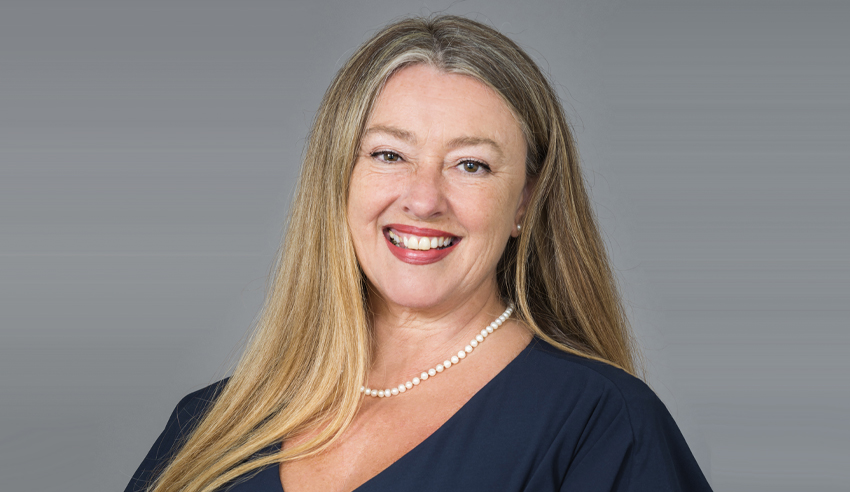Two years on from the Royal Commission into the Protection and Detention of Children in the Northern Territory and still little progress has been made on its key recommendations.

In the Law Council of Australia’s Indigenous Incarceration panel, major indigenous legal advocates, principal legal officer of NAAJA and president of the Aboriginal Lawyers’ Association of the Northern Territory David Woodroffe, advocate and CEO of Darwin’s Danila Dilba Health Service Olga Havnen, along with prominent First Nations Australians advocate Mick Gooda, called for state and territory governments to listen and engage more with the Aboriginal community.
“We are still hearing how children on remand are being incarcerated and sent to Don Dale, including children from as far away as Alice Springs,” Ms Wright said.
“This is a facility that the [royal commission] recommended closing.”
Mr Woodroffe said some of the key transformation recommendations have yet to be implemented including key recommendations such as raising the age and keeping the children out of detention.
“The situation on Aboriginal representation is still grossly [over-represented],” he said.
“We need to give a justice system that meets the needs of Aboriginal children. Far too long we have had a two-tiered justice system where Aboriginal children in remote communities and the like don’t have access to sufficient support.”
Mr Gooda who has been advocating change for the past 30 years said it was “patently obvious, that what we are doing right now isn’t working.”
“If you think incarceration creates safer communities that is completely wrong. The law and order option isn’t working and the question is how can we get this message across to the politicians,” Mr Gooda said.
“Fundamentally a justice system needs to meet the needs rather than Aboriginal children ending up in a system where these needs are then addressed.”
All panellists pointed to the bail system as being problematic, and the need for greater support for families to help children comply with bail conditions, including the provision of safe and appropriate bail accommodation.
“We heard of cases where children were overloaded with charges, ensuring that they would be locked up rather than let out on bail due to a fear that they would fail to appear,” Ms Wright said.
“A genuine therapeutic approach is needed; this is often the cheaper option for the government.”
Ms Havnen said there has to be a fundamental reform and rethink about how Australia deals with young people who come into contact with the justice system.
“There is a cultural bias in Australia about not being prepared to look at other alternative models about law reform that can better improve our justice system,” she said.
“I don’t understand why politicians, governments and bureaucrats don’t look more seriously at these alternatives that can redefine our approach.”
Overwhelmingly the panel called on governments to listen to and engage with First Nations communities and agreed that there needed to be systemic and transformative changes to the system to see any reduction in incarceration rates.
Recently, the ACT government said they would commission a review of Aboriginal and Torres Strait Islander over-representation in the justice system if re-elected, with consultation on the review to begin before the caretaker period starts next month.
But Winnunga Nimmityjah Aboriginal Health and Community Services chief executive Julie Tongs wrote in an open letter to the government that reviews would not solve the problem.
“The rate of increase in Aboriginal incarceration in the ACT, which is five times higher than in the rest of Australia, is not just a stain on Canberra’s reputation but clearly reflects a justice system which has failed and continues to fail the Aboriginal community,” Ms Tongs wrote.